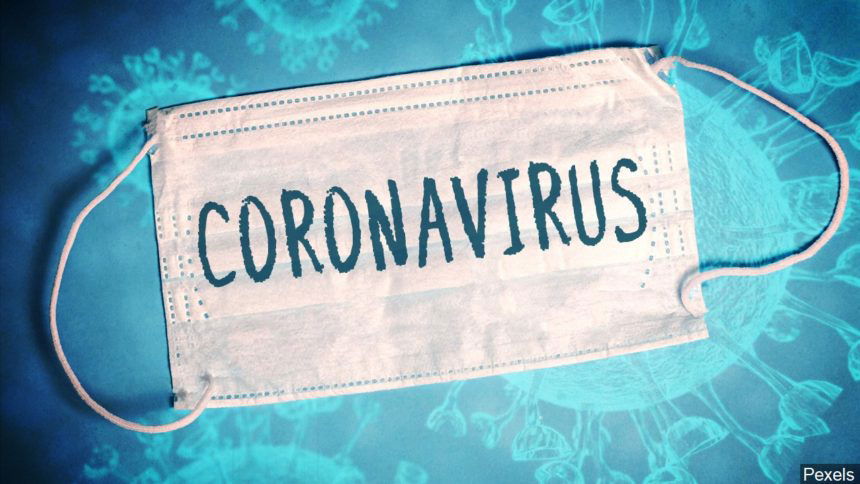Local health officials provide guidance on wearing cloth masks

POCATELLO, Idaho (KIFI/KIDK) - The Centers for Disease Control (CDC) recommends wearing cloth face coverings in public settings where other social distancing measures are difficult to maintain (e.g., grocery stores and pharmacies), especially in areas of significant community‐based transmission.
“Masks don’t make you invincible, and they absolutely can’t replace other strategies,” Southeastern Idaho Public Health District Director Maggie Mann said. “Wash your hands. Don’t touch your face. Practice social distancing and most of all stay home as much as possible until the Stay at Home Order has lifted. My concern is that cloth masks could give the community a false sense of security.”
Health officials now know from recent studies a significant portion of individuals with coronavirus lack symptoms, and even those who eventually develop symptoms can transmit the virus to others before showing symptoms. According to the CDC, wearing cloth masks could help people who may have the virus and do not know it from transmitting it to others
“The recommendation is less about preventing the wearer from contracting COVID‐19 themselves than it is about limiting asymptomatic people from unknowingly spreading the disease,” Mann said.
So what should you wear?
Cloth face coverings fashioned from household items such as fabric, a t‐shirt, scarf or other common materials at low cost can be used.
Directions on how to make a homemade mask can be found HERE.
According to the CDC, a mask that is snugly secured around the ears is best.
Alternatively, any type of face covering like a bandana or scarf is better than nothing if you have to go out, although the CDC cautions that these are not considered proper protective gear and should only be used as a last resort. In either case, you want to be sure your nose and mouth are securely covered from all sides so droplets can't escape.
The cloth face coverings recommended are not surgical masks or N‐95 respirators. Those are critical supplies that must continue to be reserved for healthcare workers and other medical first responders.
“Personal protective equipment such as N‐95 and surgical masks should continue to be reserved for health care workers until supplies are sufficient for them and abundant. For this reason, members of the general public should opt to wear nonmedical fabric face masks when going out in public,” Mann said.
